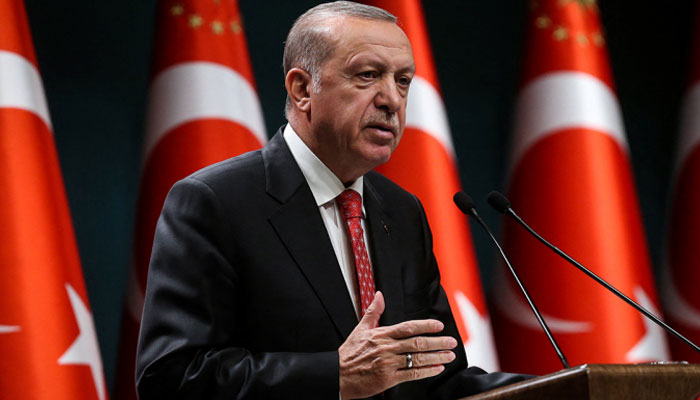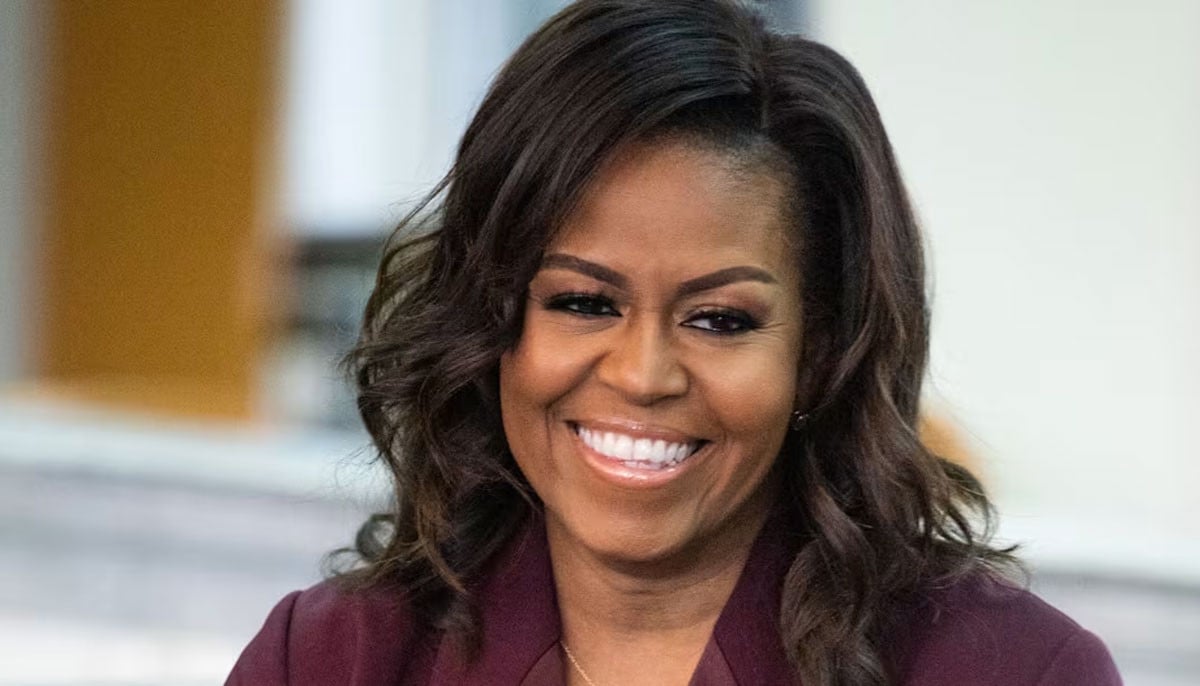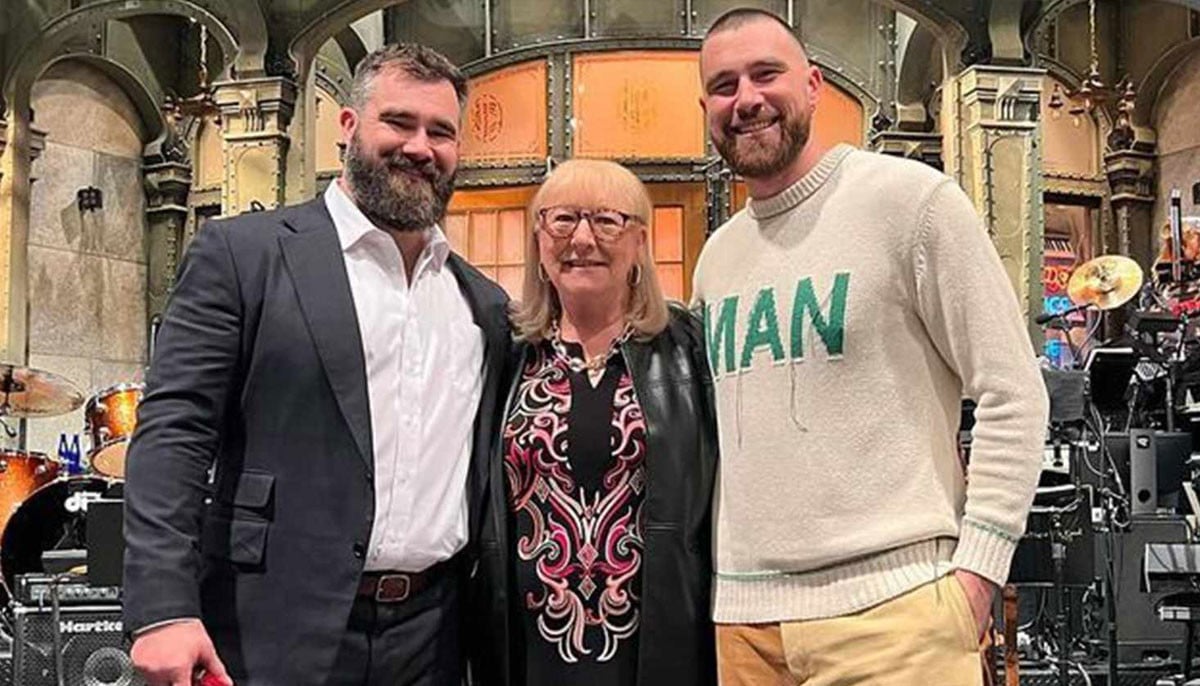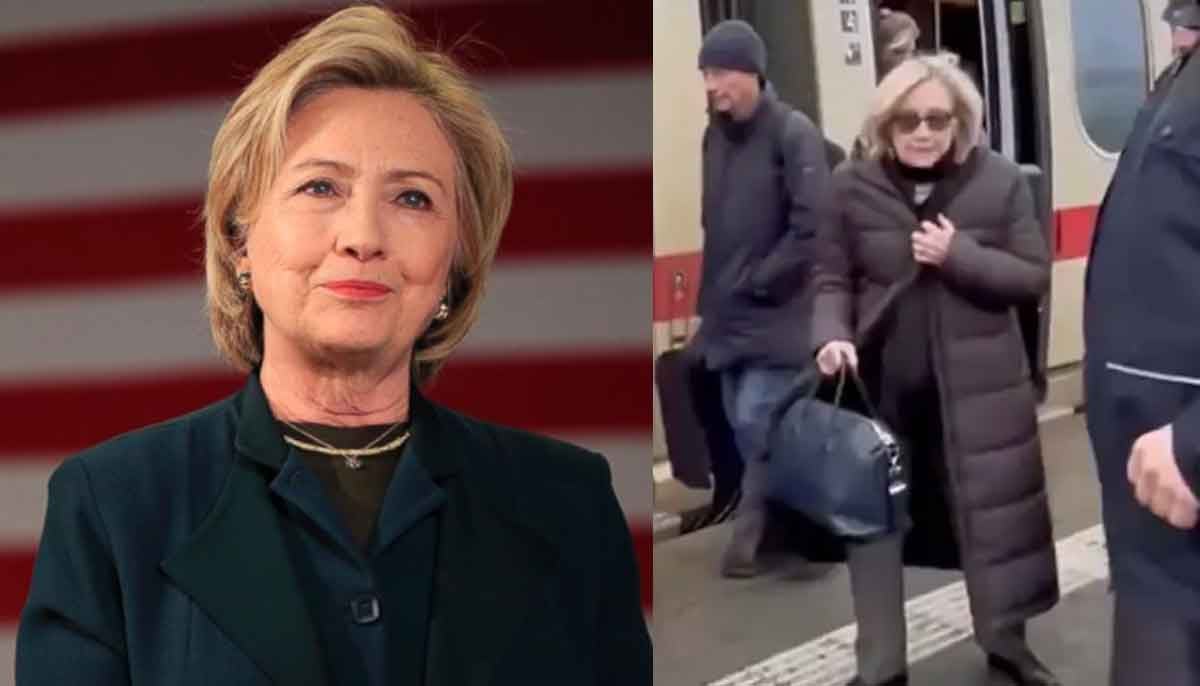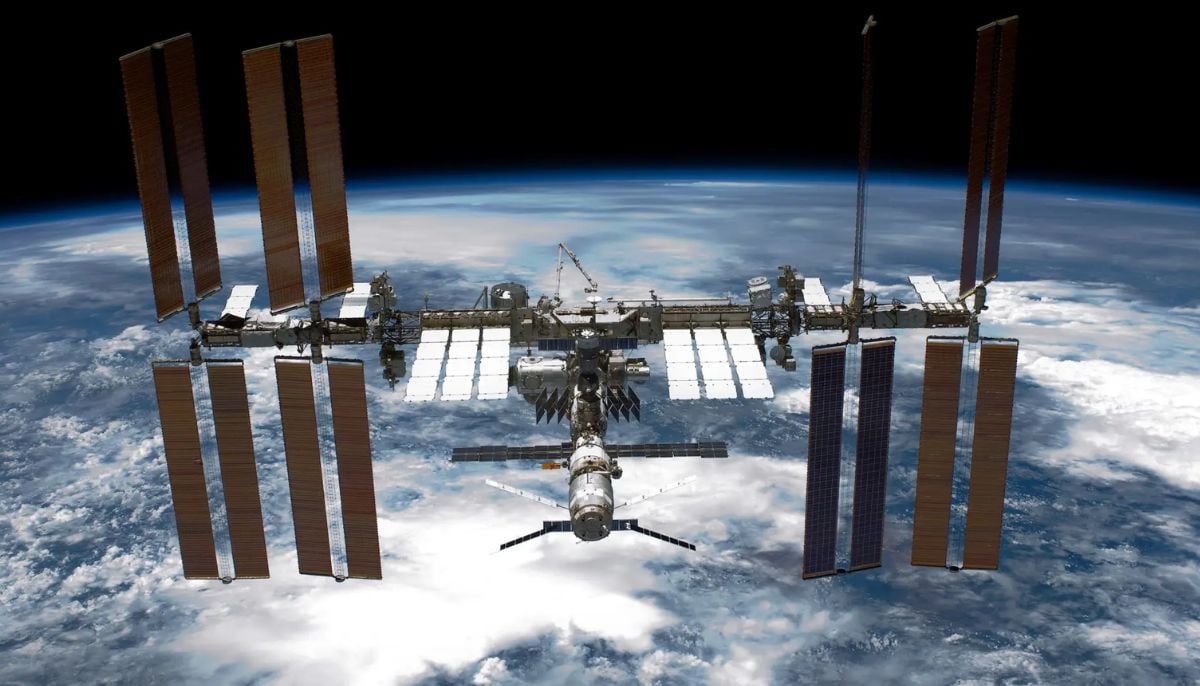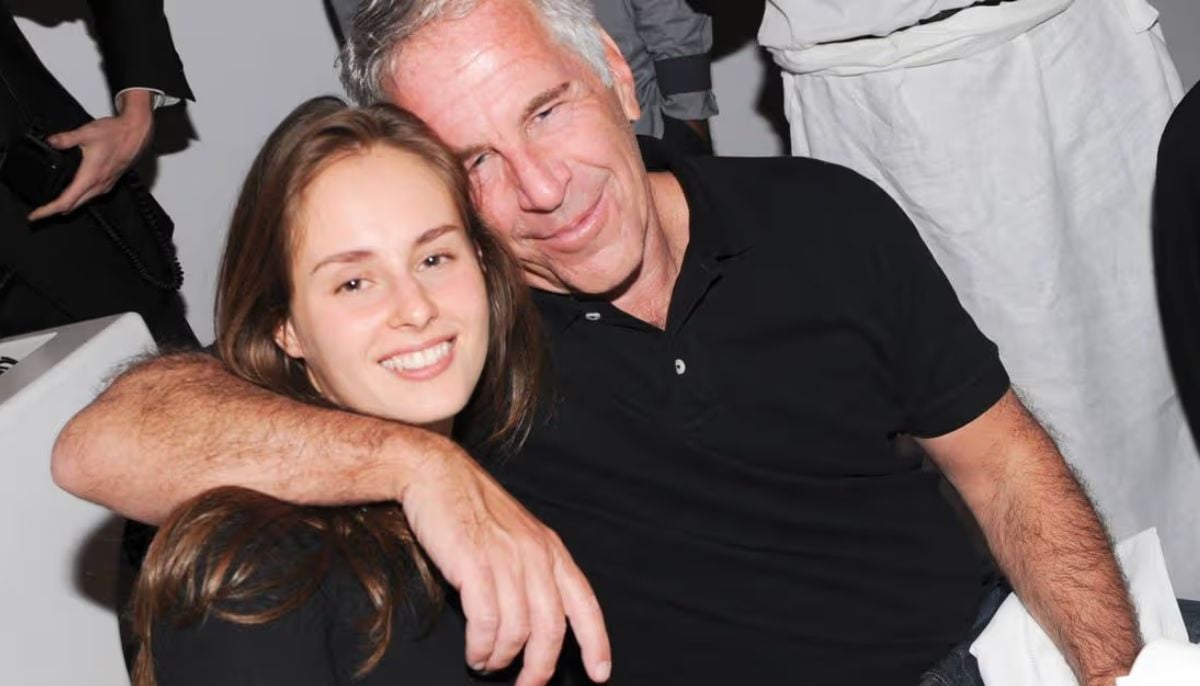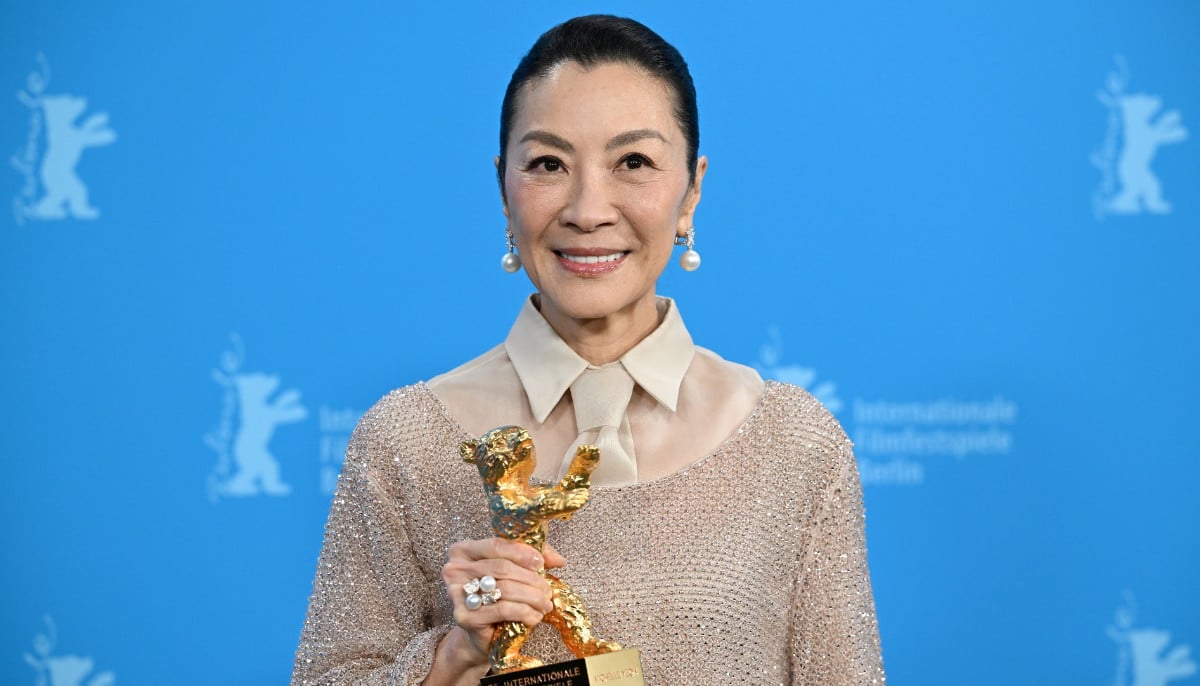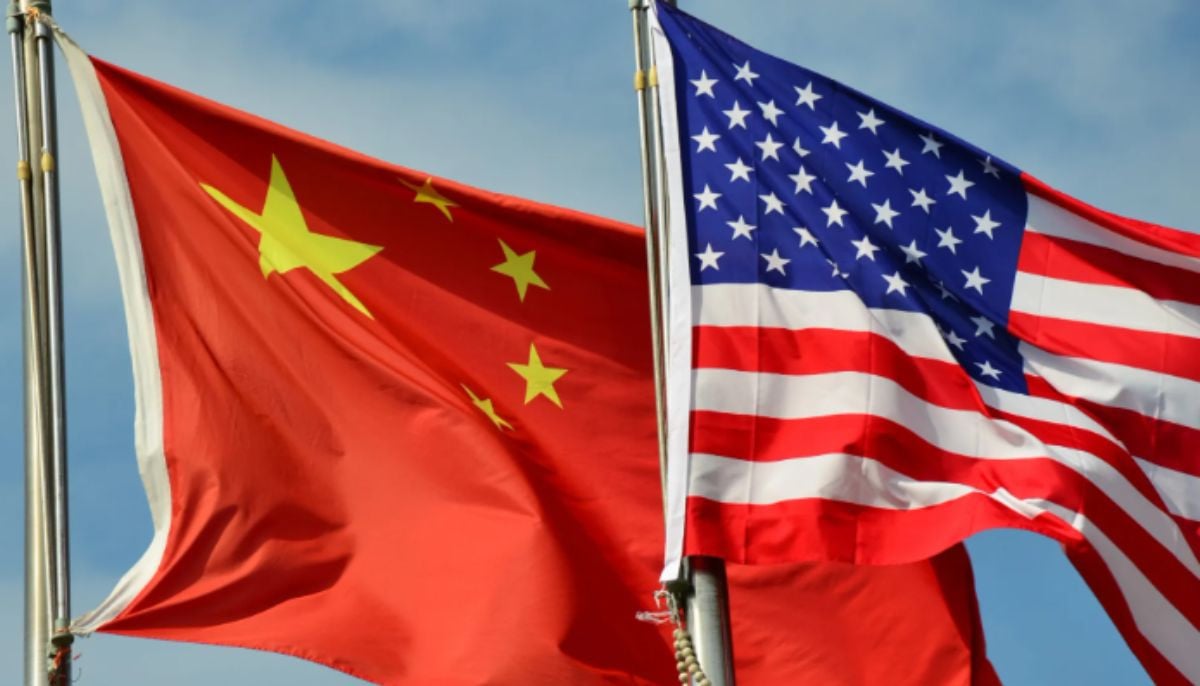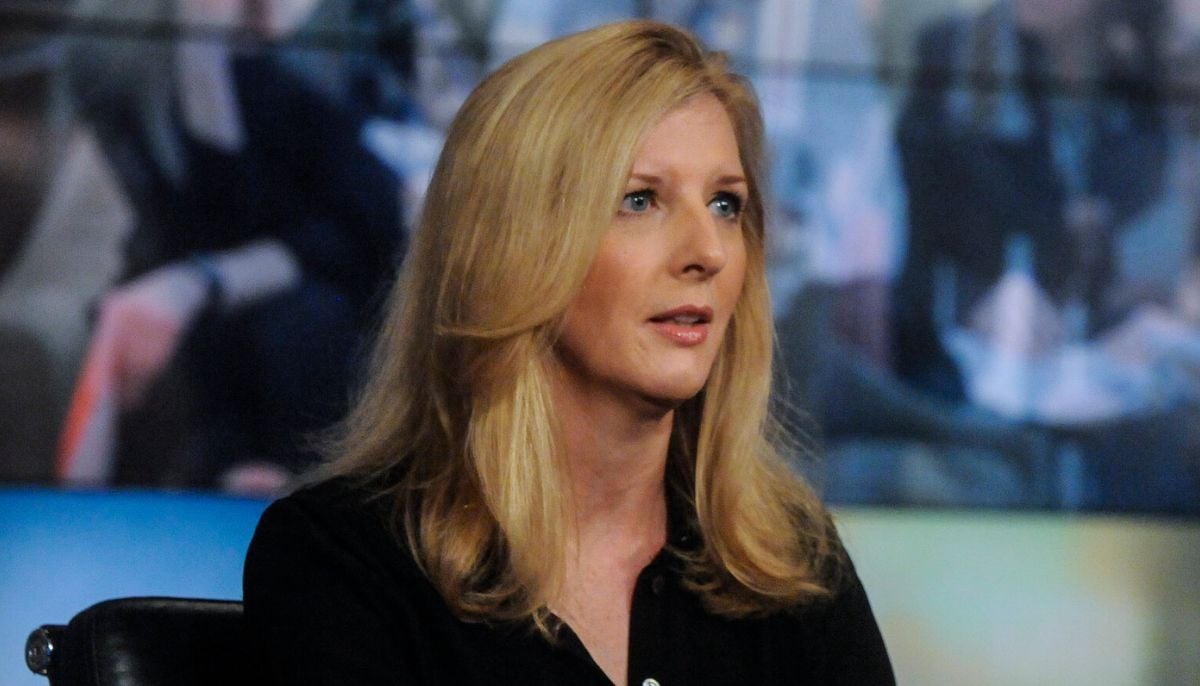Erdogan claims Putin agreed to allow Ukraine to export grain
Erdogan's claim of Putin's agreement reinforces the importance of international collaboration in tackling the global food crisis
Turkish President Recep Tayyip Erdogan has announced that Russian President Vladimir Putin has agreed to allow Ukraine to extend its grain export, potentially alleviating the ongoing global food crisis.
In a statement to reporters on Friday, Erdogan expressed confidence in the prospects of extending the deal and highlighted the agreement reached with Putin during their discussions. The accord, set to expire next week, has significant implications for addressing food shortages worldwide.
"We are preparing to welcome Putin in August, and we agree on the extension of the Black Sea grain corridor," Erdogan noted, emphasising the alignment between the two leaders on the matter. The agreement is seen as a crucial step towards ensuring Ukraine's ability to export grain and provide much-needed relief to countries grappling with food scarcity.
However, the Kremlin has remained silent on the issue, refraining from making any official statements. It has emphasised that the extension of the deal would only be considered if certain conditions set by Russia are met. This ambiguity adds a layer of uncertainty to the situation, as the specific requirements for the deal's extension remain undisclosed. The fulfillment of these conditions will play a crucial role in determining the fate of the Black Sea grain agreement and its potential impact on the global food crisis.
In July 2022, the United Nations and Turkey played a significant role in brokering the Black Sea Grain Initiative, which brought together Russia, Ukraine, and other stakeholders. The initiative aimed to address the mounting global food crisis, which was further exacerbated by the invasion of Moscow and the subsequent blockade of Ukrainian ports.
However, tensions have emerged in the ongoing discussions for renewing the Black Sea Grain Initiative. Russian President Vladimir Putin has consistently issued warnings about the potential non-renewal of the agreement, citing obstacles hindering Russia's own exports as the primary reason behind his stance.
The extension of the Black Sea grain export deal has far-reaching consequences, as it plays a vital role in addressing the global food crisis. The accord allows Ukraine, one of the leading grain exporters, to continue exporting its grain to countries facing food shortages. By extending the agreement, Erdogan and Putin aim to facilitate the smooth flow of grain from Ukraine, aiding developing nations in Africa, the Middle East, and elsewhere.
The announcement by Erdogan comes at a critical juncture, as the deal's expiration looms in the near future. The agreement has been instrumental in mitigating the effects of Russia's invasion of Ukraine in February 2022, which disrupted grain exports and triggered rising food prices worldwide.
Although details of the extension plan have not been disclosed, Erdogan's statement underscores the shared commitment between Turkey and Russia to extend the Black Sea grain corridor. The upcoming visit of President Putin to Turkey in August adds further significance to the discussions on extending the deal.
The extension of the grain export agreement is expected to be welcomed by the international community, particularly by countries heavily reliant on Ukrainian grain imports. The development offers hope for impoverished nations struggling with food insecurity, as a continued supply of grain from Ukraine will help stabilise prices and ensure food availability.
-
Hailey Bieber reveals KEY to balancing motherhood with career
-
Hillary Clinton's Munich train video sparks conspiracy theories
-
Woman jailed over false 'crime in space' claim against NASA astronaut
-
Columbia university sacks staff over Epstein partner's ‘backdoor’ admission
-
Ohio daycare worker 'stole $150k in payroll scam', nearly bankrupting nursery
-
Michelle Yeoh gets honest about 'struggle' of Asian representation in Hollywood
-
US, China held anti-narcotics, intelligence meeting: State media reports
-
Goldman Sachs’ top lawyer resigns over Epstein connections
